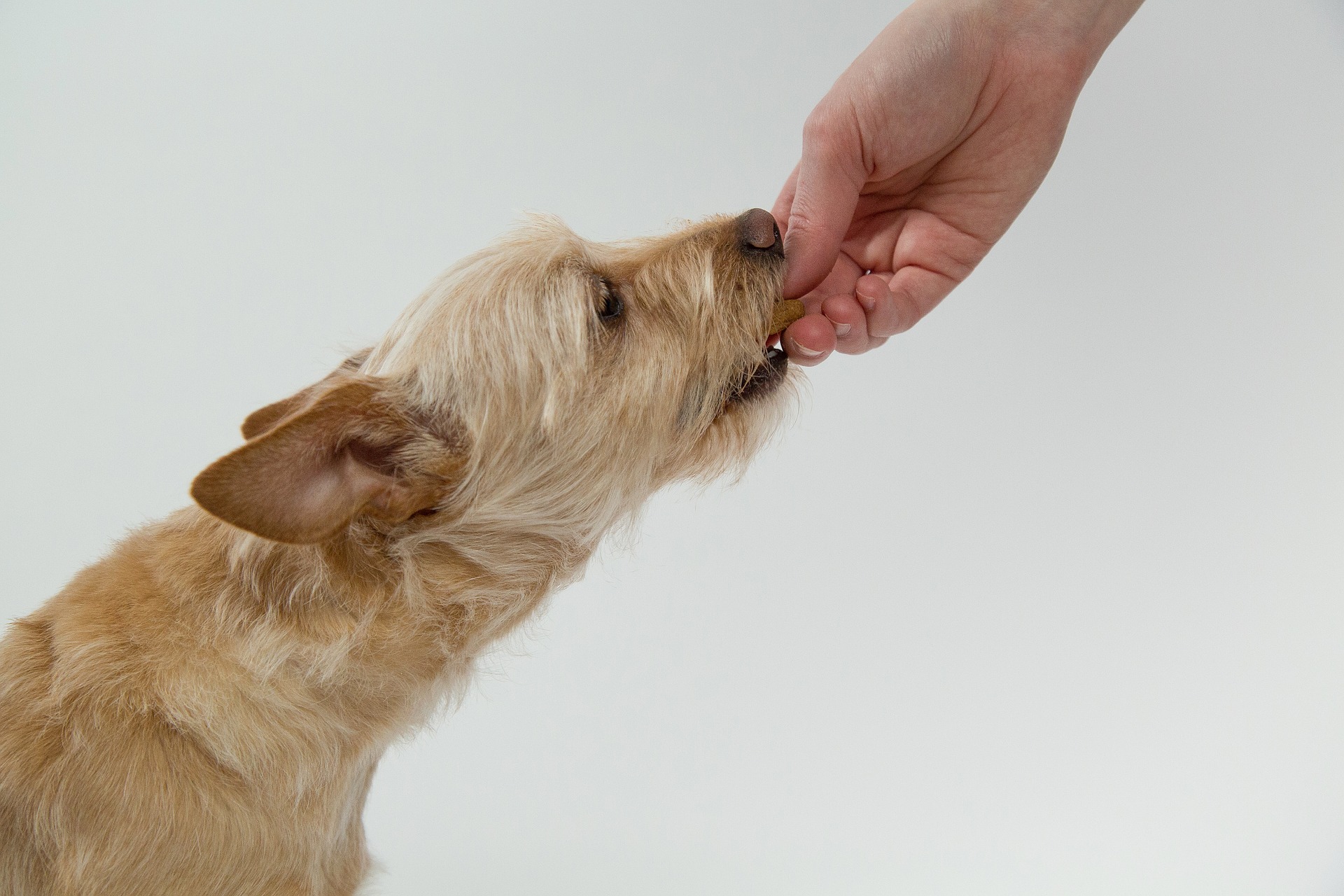
In the last article, Registered Veterinary Nurse Laura Sproul wrote about raw feeding. There are some other alternative diets worth mentioning. In this article she will go over them and provide some reliable information on them.
Grain free diets
Much like with ourselves there has been a recent spike in the call for grain free foods for our pets. Now as mentioned in previous articles, grains and cereals are digestible for dog and cats. So why do people want grain-free diets? There is an opinion that grains are not easily digestible for dogs and cats. People have begun to have the opinion that a lot of food intolerances are caused by grains and cereals in diets. There is also an opinion that carbohydrates shouldn’t be in pet diets. Now most, if not all, grain-free diets still contain some form of carbohydrate such as potatoes, legumes and pulses. And in terms of intolerances, there isn’t currently any evidence that this is true.
So are grain-free diets ok for our pets? Well there is nothing to suggest that replacing grains with another carbohydrate source is unsafe. Many of these diets go through diet trials like standard commercial cooked diets. There has, however, been a possibility of grain-free diets being linked to heart disease in dogs in America. A small number of dogs who were all fed diets containing legumes, pulses or potato instead of grains, were diagnosed with dilated cardiomyopathy. This is a disease that some breeds are predisposed to, however the dogs diagnosed were all of breeds the disease isn’t commonly associated with. There hasn’t been any confirmed connection to this and there is nothing to say that their diet was the cause, but as with all newly created diets we have little information on their impact to the health of our pets. Despite this, there is no confirmed evidence that grain free diets can be harmful to our pets.
Vegetarian and vegan diets
Over the last few years, many people have tried to reduce the amount of meat they consume. Vegan and vegetarian diets have become more popular and vegan diet brands have increased on the shelves of our supermarket. And now there are even some vegetarian diets formulated for our pets. The big question with this is are they actually safe? For cats it’s a definite no. Cats are obligate carnivores – they need meat in their diet to not only live healthily but to actually survive and function. For dogs it’s a slightly greyer area. Now dogs are omnivores and in theory could live without meat, however there are a lot of essential nutrients that dogs need that have to be heavily supplemented with synthetic sources in vegetarian diets. This is because they are either absent in plant matter or not in high enough quantities to be sufficient. Some vegetarian diets contain eggs and dairy as protein sources. There is very little evidence base out there for the quality of these diets in pets. So, because of this they are generally not recommended at this time.
Alternative meat sources
From ostrich burgers to kangaroo steaks, new gourmet meat sources have crept into human food. Now some smaller food companies are even using them in pet foods. The biggest concern with this is some of these meats are low in the essential nutrient taurine, which is vital for cats. There is also suggestion that they are not as ‘bioavailable’ as other meat sources. What this means is that the meat doesn’t necessarily have as high a digestibility in terms of the nutrients absorbed compared with other meat sources. Personally, I’m not sure that our dogs and cats are that fussed on how fancy and gourmet the meat in their food is, so it’s probably best to stick to more common flavoured foods.
There is such a huge market of foods for our pets now. Whatever you choose to feed your pet make sure that it’s not only safe for them and you, but that it provides them everything they need to be healthy and happy.
We hope you have enjoyed Laura’s series of nutrition blogs. She hopes to follow up later in the year with advice for pets with certain health conditions.
If you would like any advice, please do get in touch – give us a call on 01803 606059 (Torquay) or 843836 (Paignton), or email us on info@greenbayvets.co.uk.
Further reading:
